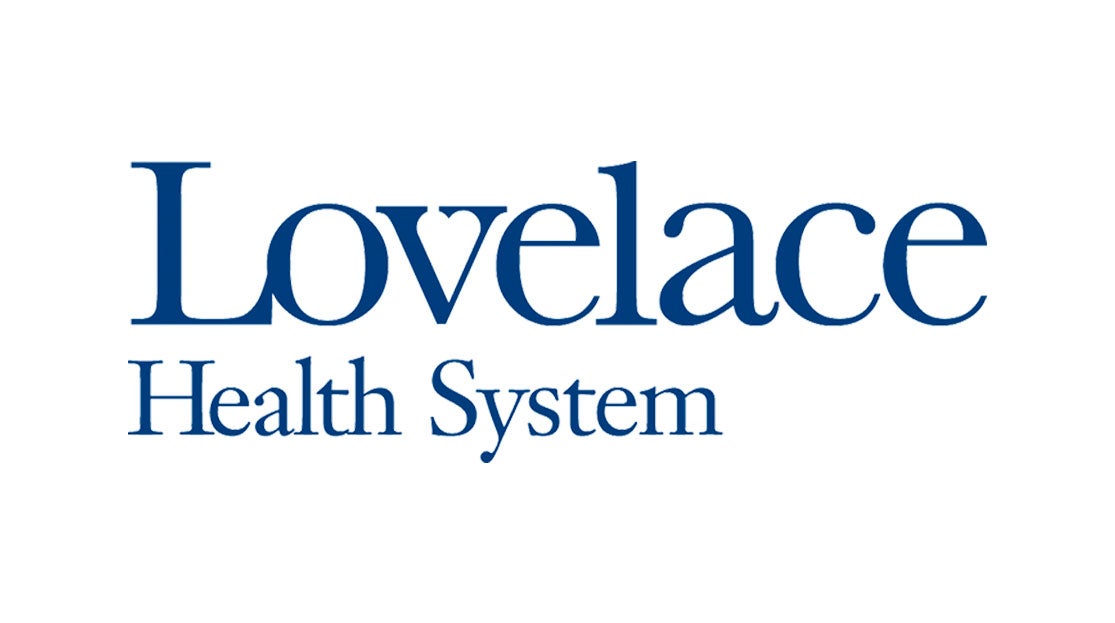
Take a look at the people around you at work, when you’re waiting in traffic or the next time you eat out. It is likely a hidden danger is lurking. According to a new report from the CDC, one out of three Americans has high blood pressure and only half of those have it under control. That means more than 30 million Americans are at an increased risk for potentially fatal heart attacks and strokes.
Heart disease the leading killer in the United States and Dr. Brendan Cavanaugh of the Heart Hospital of New Mexico at Lovelace Medical Center warns that New Mexico is not immune to the risk factors, such as high blood pressure. “Second to coronary artery disease it is one of the most prevalent diseases in New Mexico,” Dr. Cavanaugh explains.
 Although medication can control high blood pressure when correctly prescribed and taken as directed, the CDC says there are still an estimated 16 million Americans who know they have high blood pressure but are not managing it. Experts believe that could be due to a few factors such as not being on the right combination of medications, inability to pay for the prescriptions or obstacles to effectiveness of medication, including smoking.
Although medication can control high blood pressure when correctly prescribed and taken as directed, the CDC says there are still an estimated 16 million Americans who know they have high blood pressure but are not managing it. Experts believe that could be due to a few factors such as not being on the right combination of medications, inability to pay for the prescriptions or obstacles to effectiveness of medication, including smoking.
According to the report, these results hold true even though most of those patients visited their physician twice a year, the minimum recommended requirement. If patients have a history of high blood pressure or other indications that theirs may be outside of the normal range, then it should be checked and monitored more frequently as directed by the physician. Screening for high blood pressure should begin early. Dr. Cavanaugh recommends that screening should start in children during their junior high and high school years.
The report also states that regardless of regular visits to a doctor’s office where multiple high blood pressure readings were indicated, 14 million Americans don’t realize they have high blood pressure. Lovelace Health System meets the CDC’s recommendations for how health care providers and insurers can help, including 90-day refills, with generic brands at $12 for a 90-day supply at Lovelace Pharmacy. Lovelace has also converted to electronic medical records to improve communication and accuracy between providers. Lovelace Health Plan, Lovelace Community Health Plan and Lovelace Medicare Plan offer a variety of plans designed help members afford prescriptions and copays.
Thinking about high blood pressure should not be put off for later in life. As Dr. Cavanaugh suggested earlier, screening should begin during adolescent years. However, it is important to continue to monitor your blood pressure throughout your life, as it is possible to develop high blood pressure at any age for many people. “It can happen over the course of years, months or even days, depending on the circumstances,” says Dr. Cavanaugh.
If you have high blood pressure, your physician will recommend the best course of action to get it under control. “Exercise, weight loss and a low-salt diet is the most important starting point,” Dr. Cavanaugh explains. “However, if that does not completely fix the issue, then medications may be recommended.”
Introducing regular exercise and other lifestyle modifications are critical to supporting the effectiveness of blood pressure medications. Find the types of exercise that you enjoy, include friends and family, and keep other health concerns in mind. For example, if you don’t tolerate the heat very well, go indoors and find an exercise class that suits your physical fitness and schedule. You may also want to consider swimming or setting up a home gym. When you don’t feel you have the time, even walking 10 minutes a day boosts your heart health. For information on reducing the sodium in your diet, the National Heart, Lung and Blood Institute has good information here.
Both prevention and proper management of high blood pressure can dramatically decrease the incidence of heart attacks and stroke in our country. Be aware of your individual risk factors and take control of your health by staying current with regular visits to your doctor, taking medications as prescribed and incorporating healthy changes into your lifestyle.




